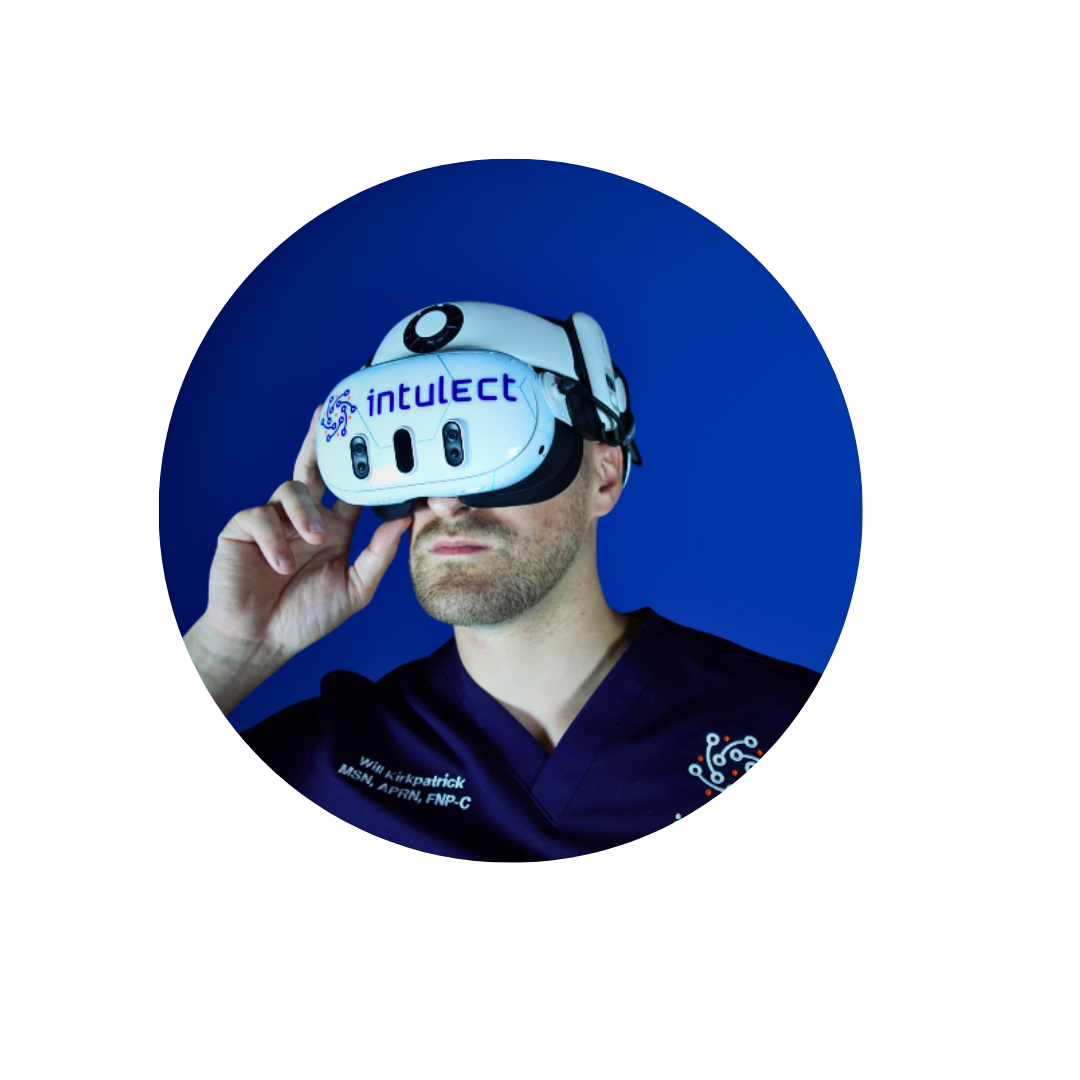Heart Failure
The nurse is to care for a patient hospitalized with heart failure exacerbation.
Simulation Summary
| Specialty | Medical-Surgical Nursing |
|---|---|
| Learning Goals | Accurately assess and manage a patient hospitalized with heart failure |
| Who It's For | Undergrad Nursing, Hospital Nursing |
| Estimated Time | 20-minute sessions |
| Mode of Training | Virtual Reality or Windows PC |
| Multi or Single Patient | Single Patient |
| Evaluations | Safety, Knowledge of Nursing Practice, Personalized Care, Medication Administration, Effective Communication |
| Compatible Devices | Quest 3s, Quest 3, Quest Pro, Windows Computer |
| Supported Languages | English |
| Plan | CORE |
Key Details
Key Features
Scaling Clinical Practice
How do I get a Demo?
The first step is to book a meeting with our nursing team! We will show you a live demo virtually.
Is a Facilitator Required?
Educators can now use our one-of-a-kind AI Facilitation that lets you facilitate unlimited amounts of simulations simultaneously.
Can I create my own patients & scenarios
Yes! Intulect is the largest customization platform in the simulation industry. You can customize your own AI patients, Physiology, Presentation, Scenario, EMR, Grading Rubrics, and Curriculum to create comprehensive experiences for your students.
What is our Pricing?
Our pricing model is per learner and is charged on an annual basis. Flexible options are available.
What VR & PC Hardware Do I Need?
Intulect works on the entire Meta Quest 3 family of VR Headsets which includes the Meta Quest 3s, 3, or Pro.
Any Windows Computer is supported to run our PC Simulations. Macbook or iPad is not supported
Is Intulect aligned with nursing education standards?
Yes! Intulect is a nursing education company itself and is aligned with the NGN NCLEX test plan, NCSBN Clinical Judgment Measurement Model, and the AACN Essentials Core Competencies.















